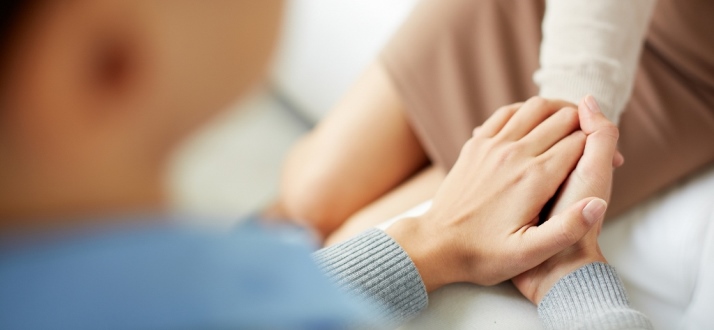 93 418 72 78 |
93 418 72 78 |  info@centremedicbm.com
info@centremedicbm.comDepression is a common disorder that is often characterized by a mood of intense sadness or a general loss of interest or ability to enjoy. Sometimes it also causes mental and physical retardation and may eventually affect the entire body. Although it is estimated that one in five people will suffer from depression at some point in their life, it is important to understand that it can be cured with proper treatment.
Often there is more than one reason that causes depression, and it affects each person differently according to their circumstances. The reasons may be obvious, such as family or work-related problems, frustration at a sentimental or professional level, or the loss of a loved one. But not always, and sometimes there is no apparent cause of depression.
So there is no single cause of depression, but there are factors that can contribute to it. The most common are external issues that affect our lives, the way we react to problems, chronic or serious illness, or alcohol or drugs. Furthermore, there may be some biological factors,for example genetic or hormonal, that make certain people more susceptible to such disorders.
We all feel sad at some point, but sometimes these feelings are constant and worsen to the point of interfering in our daily lives. You may be suffering from depression if negative feelings persist and you have several of the following symptoms:
Sometimes you do not realize you are depressed, because depression has developed gradually. Not recognizing or accepting it may cause further problems and lead to physical discomforts such as a constant headache or other physical ailments.
There are various types of depression and different scientific classifications, but the most common are:
Since depression is a common disorder, its treatment is fully developed and has a high success rate. In general there are two types of treatment for depression: psychotherapy and antidepressant medication, applied separately or together and personalized according to each case.
Psychotherapy involves counseling to address the negative feelings brought about by depression with a qualified, objective professional. There are many types of psychotherapy, such as cognitive-behavioral, interpersonal, or technical troubleshooting, and according to the origin and characteristics of depression, one kind or another will be more appropriate.
In addition to psychotherapy, antidepressant medications may be effective especially in severe or prolonged depression. The brain is composed of millions of cells (or neurons) which are connected to each other using tiny amounts of chemicals called neurotransmitters. Current research indicates that some of these neurotransmitters may be affected by depression, especially serotonin, norepinephrine and possibly dopamine. Antidepressants work by increasing the concentration of these chemicals in the connections between neurons and it is believed that this is what causes the antidepressant effect. It is important to note that thanks to improvements in medication, side effects of these medications are increasingly reduced, both in frequency and intensity.
At Centre Medic BM we are experts in the treatment of depression because we have a group of specialized psychiatrists and psychologists with over 30 years of experience in treating all types of depressions, both outpatient and inpatient, and a deep knowledge supported by the research we have done in this field.
